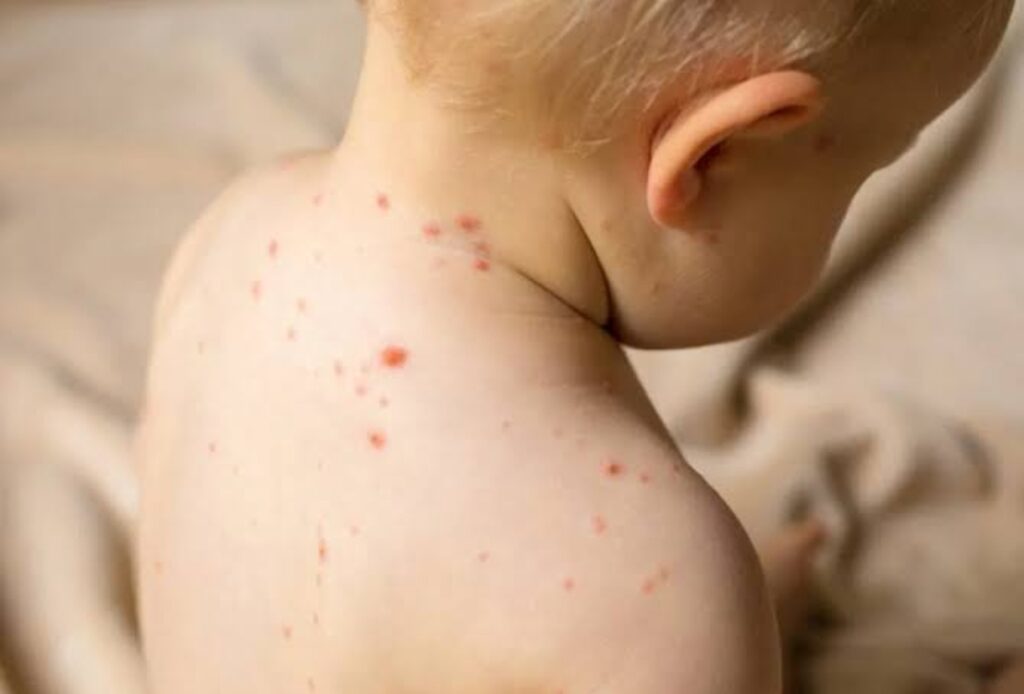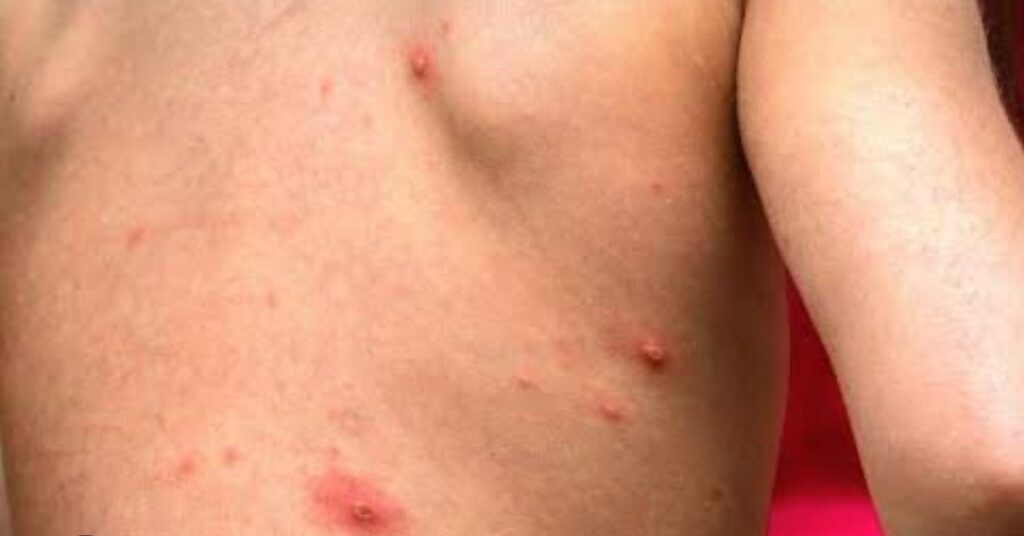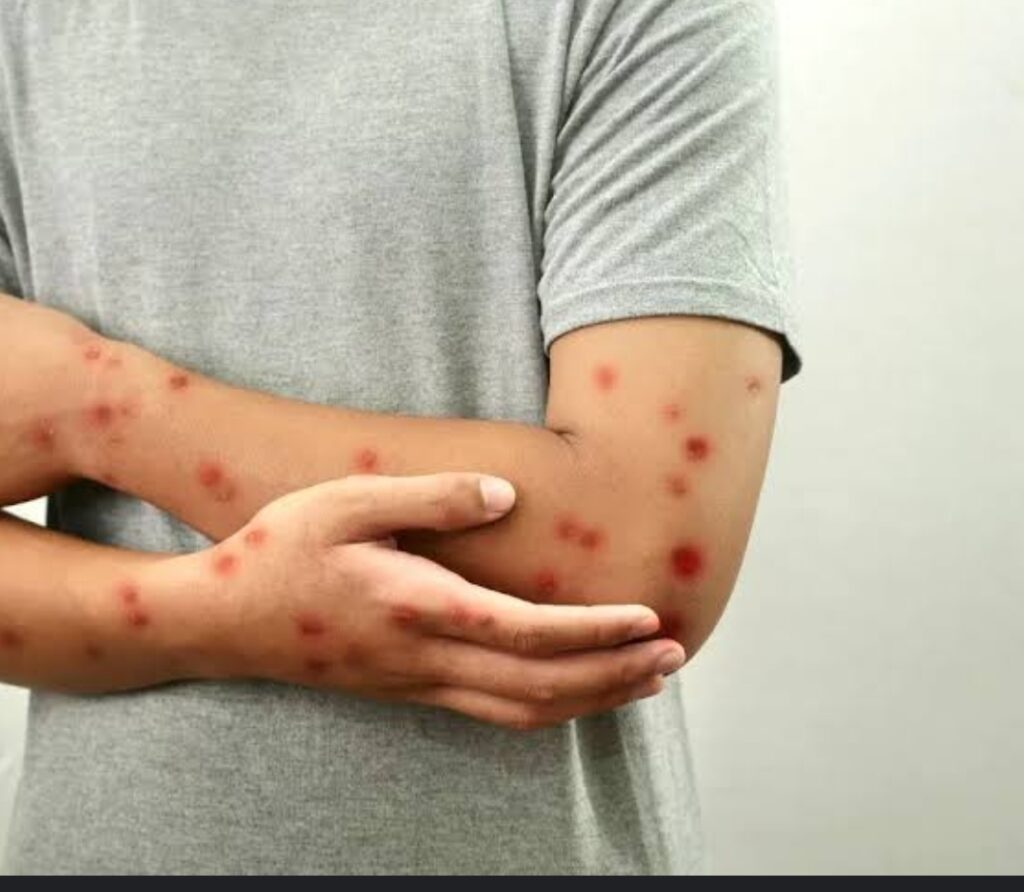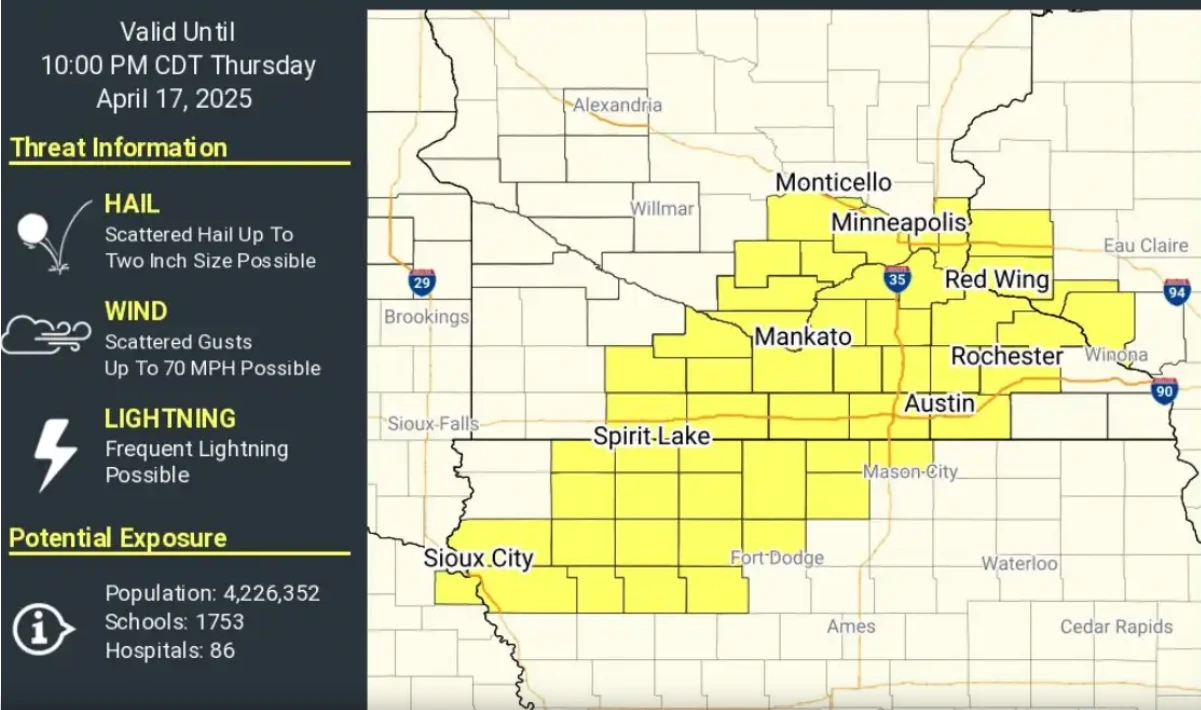The majority of cases involve children aged 5 to 17.

The measles outbreak in western Texas has now reached 90 confirmed cases, according to the latest data released on Friday.
The Texas Department of State Health Services reports that most of the cases involve individuals who are either unvaccinated or have an unknown vaccination status. To date, 16 people have been hospitalized, and five of the reported cases involve vaccinated individuals.
A spokesperson for DSHS previously told ABC News that this is the largest measles outbreak in Texas in more than thirty years.

Most measles cases have been reported in children and teenagers between the ages of 5 and 17, amounting to 51 cases. Additionally, there are 26 cases in children aged 4 and younger.
Gaines County has been pinpointed as the centre of the outbreak, with 57 confirmed cases among residents, as reported by the Texas Department of State Health Services. State health records show a notable increase in vaccine exemptions in the county.

In 2013, about 7.5% of kindergarteners had parents or guardians who sought exemptions for at least one vaccine. A decade later, that number rose to over 17.5%, marking one of the highest exemption rates in Texas, according to state health records.
In neighboring New Mexico, health officials have reported at least nine cases of measles in Lea County, which borders Texas, as stated by a spokesperson for the state’s Department of Health to ABC News on Friday.

Additionally, the Centers for Disease Control and Prevention has noted 14 measles cases across five states this year. However, this total does not include the newly confirmed cases in Texas, New Mexico, or recent cases identified in Georgia.
Like local outbreaks, all nationally confirmed cases involve individuals who are either unvaccinated or whose vaccination status is uncertain.
Measles is one of the most contagious diseases known to humans. According to the CDC, a single infected person can spread the virus to nearly 90% of unprotected individuals who come into close contact with them.
Health officials are urging anyone who hasn’t been vaccinated to get the measles, mumps, and rubella (MMR) vaccine.
The Centers for Disease Control and Prevention (CDC) recommends that individuals receive two doses of the vaccine— the first dose should be given between 12 and 15 months of age, and the second dose between 4 and 6 years old. A single dose offers 93% protection, while two doses boost effectiveness to 97%.

Before the measles vaccine was introduced, federal health authorities estimate that 3 to 4 million people contracted the virus each year.












Leave a Reply